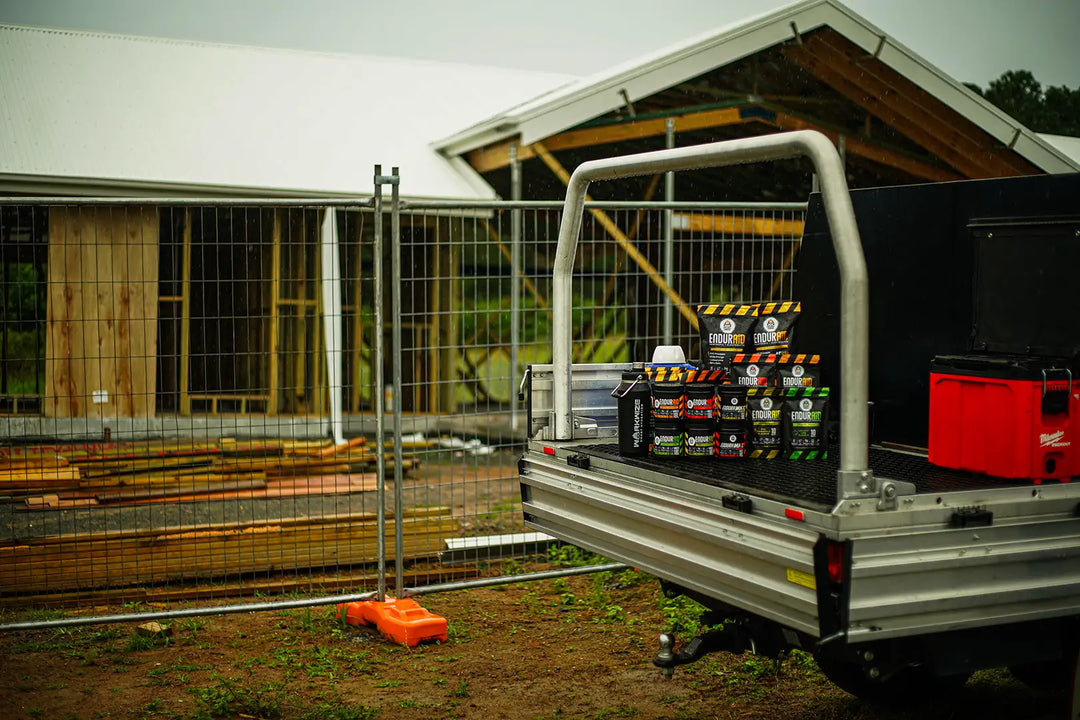Farm Workers and Extreme Heat
Farm workers face significant challenges due to extreme heat, impacting their health and productivity. Jon Esformes and Gerardo Reyes Chávez discuss these issues and the innovative solutions being implemented to protect these vital workers in their TED Talks Daily podcast episode.

The Dangers of Extreme Heat
Farm workers often endure long hours in direct sunlight, with limited access to shade and water. These conditions can lead to heat exhaustion, dehydration, and heat stroke, which can be fatal. The increasing frequency and intensity of heatwaves exacerbate these risks, making it imperative to find effective solutions.
Key Measures for Protection
- Proper Hydration: Access to clean, cold water is crucial. Regular hydration helps prevent heat related illnesses.
- Electrolyte Replacement: Esformes highlights the importance of replenishing electrolytes lost through sweat to maintain energy levels and prevent dehydration.
- Rest Breaks: Scheduled breaks in shaded or cool areas allow workers to recover from the heat.
- Advocacy and Policy Change: Advocating for better working conditions and implementing policies that protect workers' rights are vital for long-term change.
Efforts to Improve Conditions
Jon Esformes and Gerardo Reyes Chávez emphasise the importance of systemic change. They call for:
- Stronger Regulations: Implementing and enforcing stricter safety regulations to ensure that farm workers have access to shade, water, and rest breaks.
- Education and Training: Providing farm workers with the knowledge and tools to recognise and prevent heat-related illnesses.
- Better Working Conditions: Ensuring fair wages and safe working environments to promote overall well-being.

The Broader Implications
The discussion also highlights the broader implications of climate change on agriculture and food security. As temperatures rise, the sustainability of farming practices and the health of those who work in the fields are at greater risk. Addressing these issues is not only a matter of worker safety but also a crucial step towards a more resilient and equitable agricultural system.
Looking Ahead
Addressing the heat crisis in agriculture requires a multifaceted approach. From improving hydration and rest breaks to advocating for policy changes, every effort counts. Ensuring the well-being of farm workers is not just a matter of health and safety but also a step towards a more sustainable and ethical agricultural system.
Conclusion
Protecting farm workers from extreme heat requires urgent action and collective effort. By implementing better safety measures, educating workers, and advocating for stronger regulations, we can help safeguard the health and well-being of those who are essential to our food supply. For more insights and details, listen to the full podcast episode here.

















